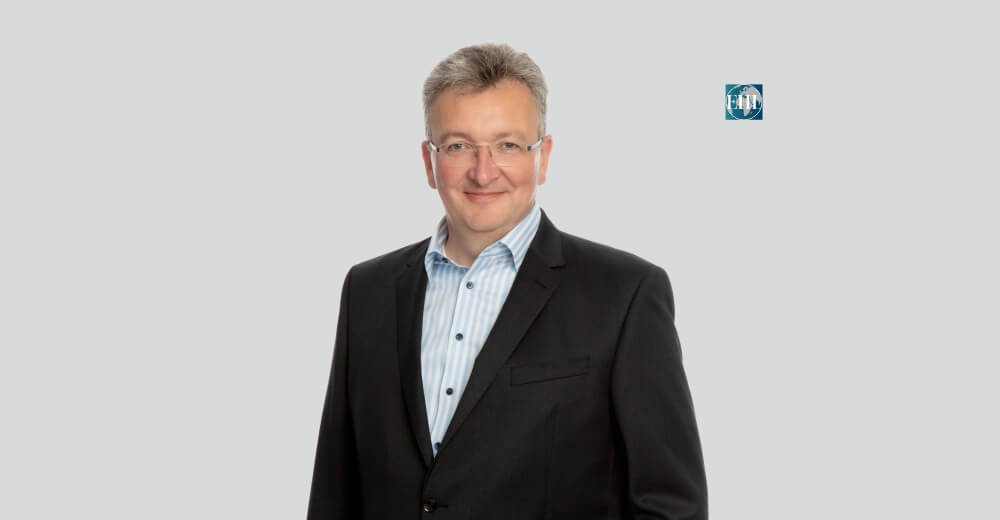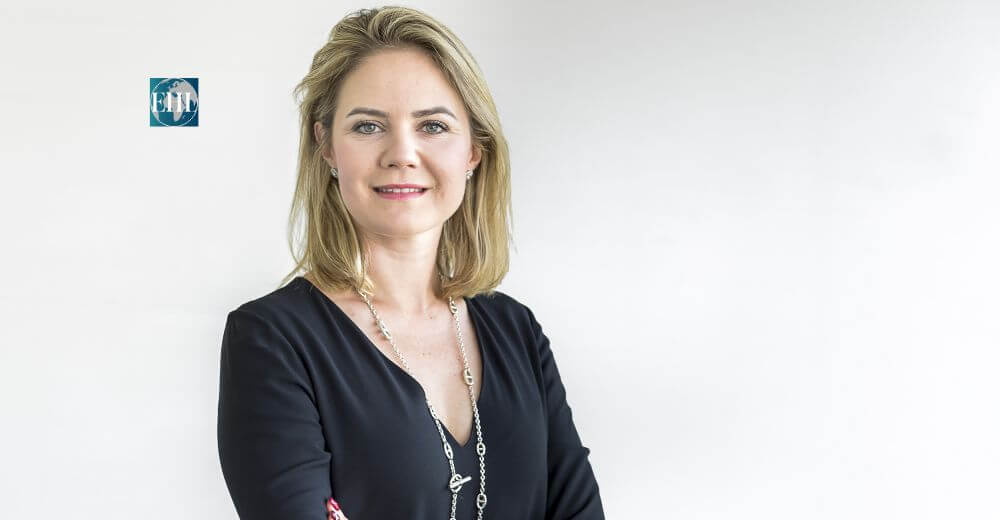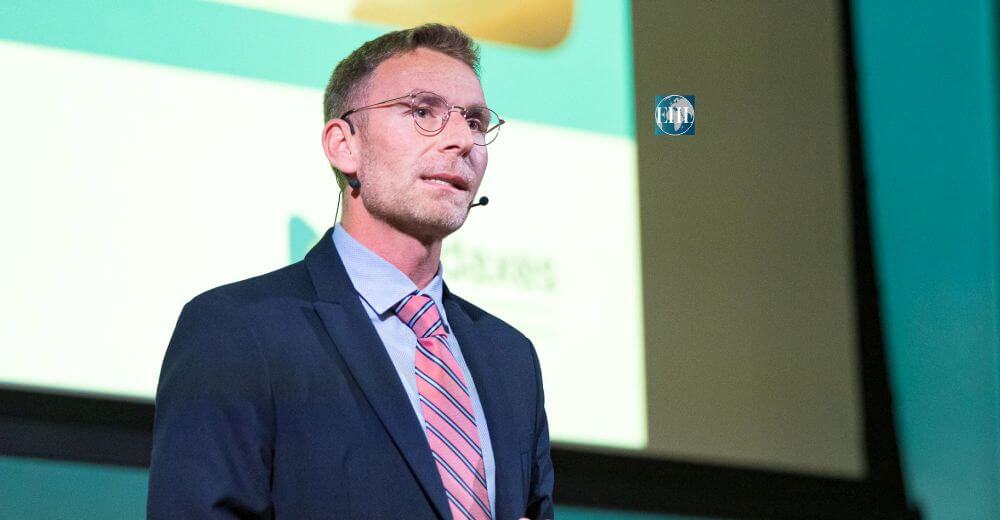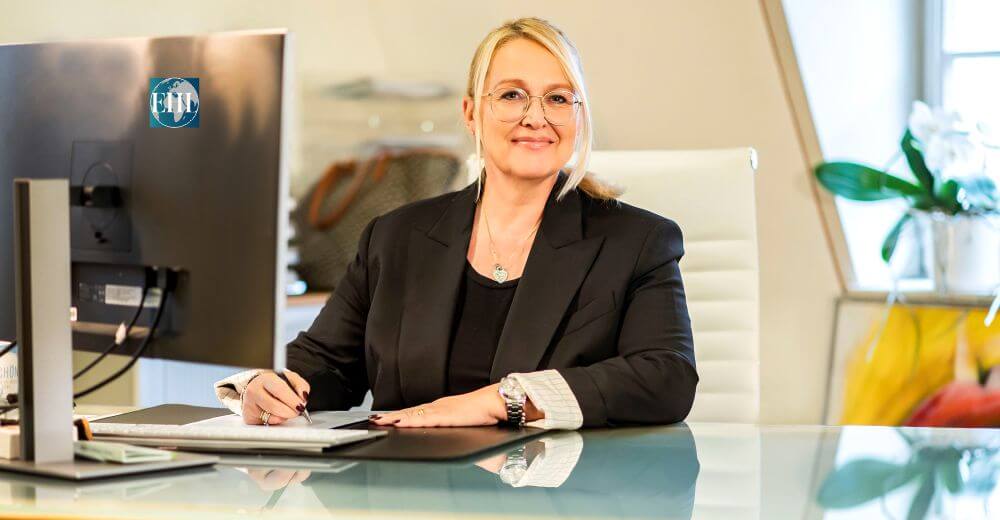Biotechnology is at the forefront of transformative healthcare advancements, and pioneering it is Daniel Vitt, Ph.D. With a background steeped in chemistry and a passion for computational modeling, Dr. Vitt co-founded 4SC AG, a pioneering biotech firm. His journey continued with the establishment of Immunic Therapeutics, where as CEO and President, he leads a mission to develop innovative therapies for chronic inflammatory and autoimmune conditions. Through creative approaches and unwavering dedication to patient welfare, Dr. Vitt is shaping the future of biotechnology, offering new avenues of treatment and hope for those in need.
Let’s dive into the detailed interview to explore the transformative journey of Daniel Vitt, shaping the future of biotechnology with passion and resilience!
Daniel, can you share with our readers a bit about your professional background and what inspired you to pursue a career in the biotechnology industry?
Well, this started pretty unspectacular. I studied chemistry in Siegen and Würzburg in Germany where I graduated focusing on quantum-chemical calculations of organic reactions. I liked these computer simulations very much – and still do – and this drove my interest towards the potential to use computers for simulating chemistry and designing new molecules. Therefore, I received my Ph.D. from the Institute of Organic Chemistry at the University of Würzburg with my doctoral thesis focusing on the molecular design of small molecule therapeutics.
Starting from my Ph.D. work, I wanted to translate some of these interesting concepts on adaptive computer modeling into a professional setup and thus, I founded 4SC AG together with three colleagues, where we developed a leading in silico screening technology – today, you would call this an AI technology. 4SC became a publicly traded biotech company and I was responsible for technology and research in the role of the Chief Scientific Officer (CSO) and Chief Development Officer (CDO). While there, we successfully transitioned the company from a technology play into an advanced therapeutic development company with several clinical-stage product candidates in the pipeline and brought the company public on Frankfurt Stock Exchange in 2005.
In 2016, together with three colleagues, we took the opportunity to buy out the immunology assets from 4SC, who narrowed their development pipeline focusing on an oncology pivotal study. So, we founded Immunic in Munich. I joined Immunic in January 2017 as CEO. Searching for access to public markets, we completed a reverse takeover transaction with the US company Vital Therapies, following which we became public on NASDAQ with headquarters in New York in 2019. Since then, I have been serving as Chief Executive Officer, President and Director of Immunic.
In addition to my core role at Immunic, I am currently a member of the advisory board of a venture capital fund of Bayern Kapital GmbH. On top of this, I also co-founded Brauhaus Germering GmbH, a local Bavarian specialty brewery as a kind of escalated hoppy hobby.
Looking back, I think that two things inspired me most: the use of computer simulations for design purposes and the possibility to develop new therapeutics which may finally end up in a pharmacy, offering patients with severe diseases new hope.
Could you elaborate on the mission and vision of Immunic Therapeutics? What sets it apart from other companies in the biotechnology sector?
We founded Immunic with the mission to develop a pipeline of next generation selective oral therapies focused on offering patients with chronic inflammatory and autoimmune diseases new and clinically meaningful treatment options. We have built an advanced, diversified pipeline of clinical development candidates, ranging from preclinical to phase 3 development across different therapeutic areas and indications in immunology.
And I think we are on the right track to achieve our mission. In particular, with our late-stage clinical program in multiple sclerosis, our vidofludimus calcium asset, we were already able to show clear separation from existing, approved MS drugs with regards to safety, tolerability and efficacy, specifically mentioning neuroprotective effects, which no other drug has shown so far. We think vidofludimus calcium has the potential to be a unique treatment option targeted to the complex biology of MS, differentiated by its combined neuroprotective, anti-inflammatory, and antiviral effects. We hope that many patients with this serious autoimmune disease and its devastating consequences for their daily life will be able to benefit from the treatment in the not too far away future.
On top of this, we have a diversified earlier stage development pipeline, including our IMU-856 and IMU-381 assets. IMU-856 is a pretty cool new approach to treating gastrointestinal disorders, aiming to regenerate the gut wall and barrier function by a new innovative targeted mechanism. We have already demonstrated clinical proof-of-concept for the molecule in celiac disease and are currently evaluating its further development path, including options in celiac disease, but also, for example, IBD or short bowel syndrome. IMU-381 is a development candidate with improved overall properties to specifically address the needs of gastrointestinal diseases.
Could you discuss a key milestone or achievement during your tenure at Immunic that you are particularly proud of, and how it reflects your leadership style?
I am convinced that good science and entrepreneurial spirit pave the way to success in our industry. The biggest challenge in biotech, however, is financing drug development. Looking back, it was a smart move to reverse merge with Vital Therapies in 2019 to become listed on NASDAQ – this gave us access to the capital markets and to the US investor base. Meanwhile, we were able to advance the development of our lead molecule vidofludimus calcium into clinical phase 3 in relapsing multiple sclerosis – and we also were able to demonstrate that our drug has a very unique mode of action which could change the life of millions of people suffering from MS.
What are the most significant challenges and opportunities facing the biotechnology industry today, and how is Immunic positioned to address them under your leadership?
I think that the financing of biotech is still by far the biggest challenge, and this needs intelligent and creative approaches by leaders to be solved. At Immunic, we always followed an adaptive approach and tried to build a portfolio of development programs that allows us some flexibility and independent efforts on financing, including dilutive and non-dilutive financing.
The second biggest challenge from my point of view is the changing environment, including an aging population and political headwinds, such as the Inflation Reduction Act (IRA). We all need to stand together and focus on messaging to the public how important fair pricing of new treatments for unmet medical needs is, because this is the only way to finance breakthroughs in the healthcare space.
How do you approach promoting innovation and driving growth within Immunic Therapeutics, ensuring a balance between scientific advancement and commercial success?
Our focus is and has always been on the patients. And patients deserve to benefit from scientific advancements – which are naturally tied to commercial success. At Immunic, we start with the question “How can we improve the patient’s life.” And “What innovations can help us to be better with our approaches?” One example is our lead product vidofludimus calcium: offering patients a potential neuroprotective treatment could be a major breakthrough in the treatment landscape and change the life of many patients around the world in a sustainable way, while offering a treatment option that does not come with the typical safety and tolerability concerns of patients.
Could you share a glimpse into the future of Immunic Therapeutics under your guidance, highlighting any upcoming projects or initiatives that our readers should look out for?
Our key focus at the moment and the upcoming milestone we are most excited about is the readout of our phase 2 CALLIPER trial of vidofludimus calcium in progressive MS, which is expected in April 2025. If this data set continues to show a neuroprotective effect of the drug, we may be able to position vidofludimus calcium as the first oral treatment option for advanced Secondary Progressive MS (SPMS) – an indication with a particularly high unmet medical need within the MS space.
In addition, we eagerly await the readout of our two phase 3 ENSURE trials of vidofludimus calcium in relapsing MS, both expected in 2026. Considering the promising clinical activity observed thus far, along with vidofludimus calcium’s established safety and tolerability profile, we believe that the ENSURE program will enable a straightforward path toward potential regulatory approval. For every biotech company, this is the one key milestone to achieve, and I hope that we will see this not too far from now.
Insights for Aspiring Leaders
I believe in two key success factors: passion and resilience. Without passion, it is hard to reach any goal and without resilience, you may fail even before you start the journey. Resilience also covers an important aspect in our industry: if you are convinced and you have sufficient data and a strong scientific rationale, you should focus on the goal and not let yourself be frightened too much. However, one should keep a certain level of self-reflection – personally and professionally: Am I the ghost rider – are the other 1000 coming against me? – Daniel Vitt.









